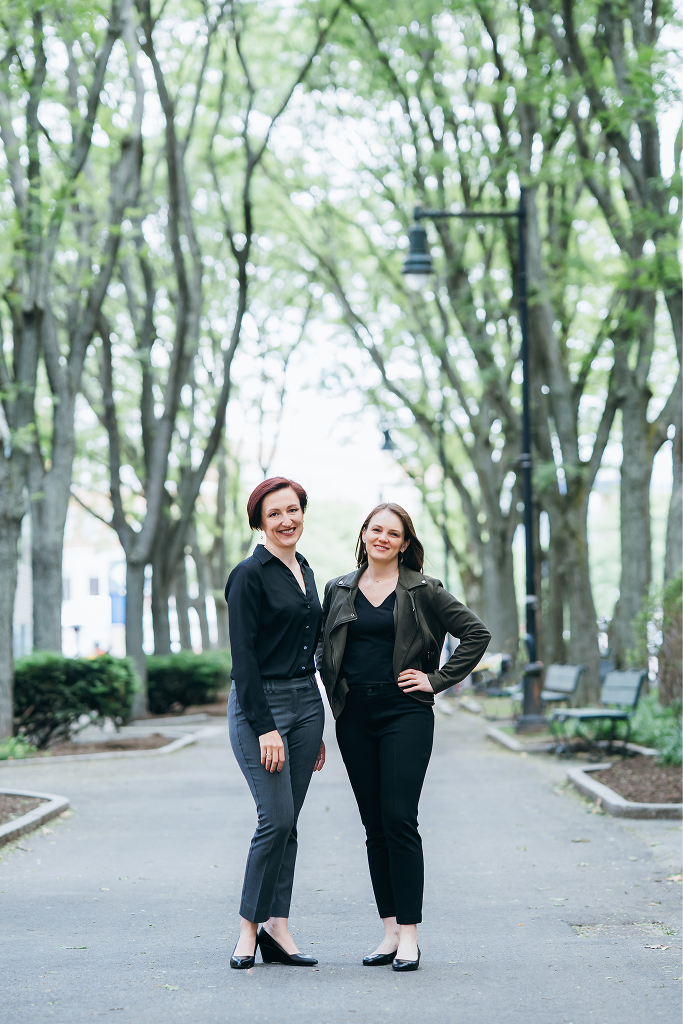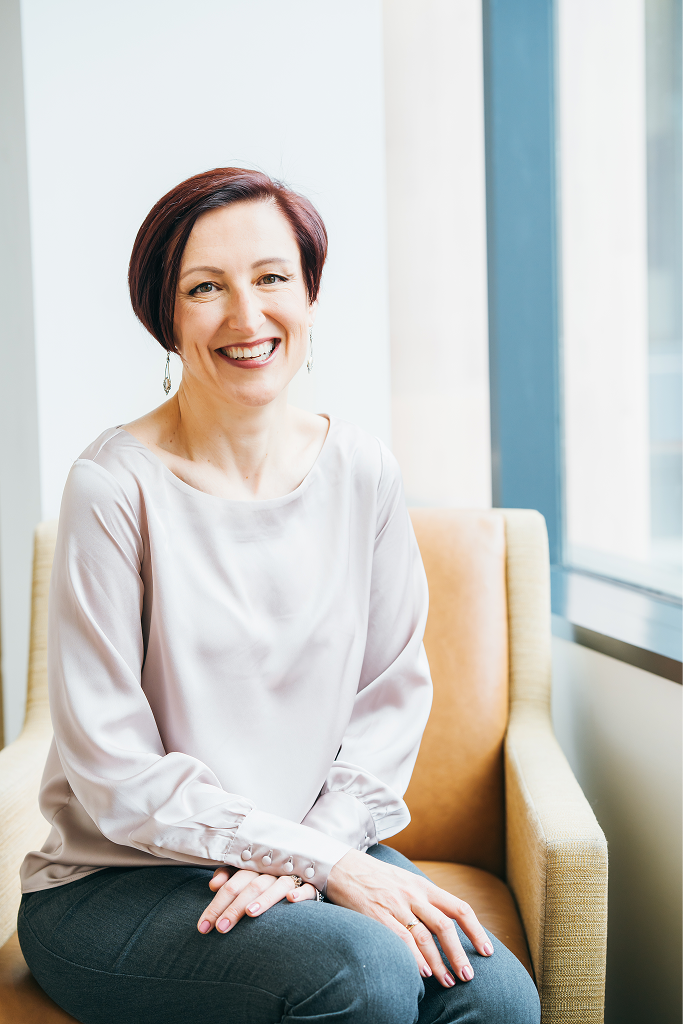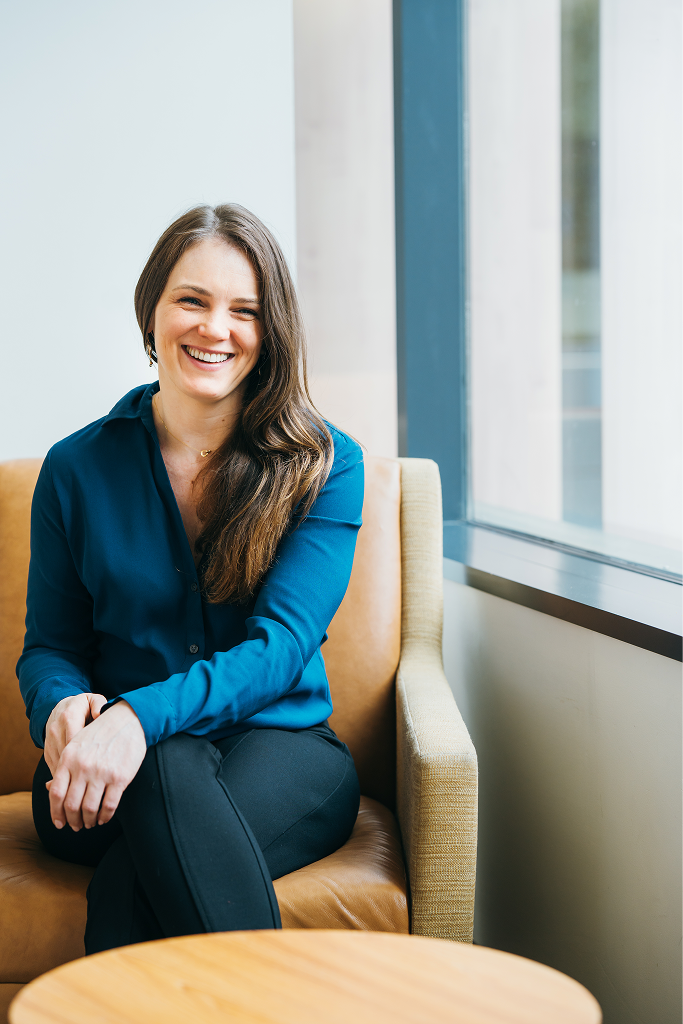
Our Journey:
From science to practice and back again
We founded Disagreeing Better, because as researchers and conflict management professionals we recognized a recurring issue: intelligent, well-meaning individuals regularly leave challenging conversations feeling misunderstood, frustrated, and defensive. Or, they avoid such conversations entirely. Nothing destroys relationships, stalls projects, and enables costly errors like disagreement handled poorly.
Julia, a behavioral scientist, has spent twenty years researching the psychological processes that often lead smart people into a downward spiral of conflict. Meanwhile, Heather, a seasoned coach and facilitator, noted how rarely traditional corporate trainings relied on rigorous research. This collaboration led to a new approach – training designed for professionals in the real world based on high-quality scientific research. No fluff, just data.
Our work is grounded in a critical insight: teams require more than just training in empathy and perspective taking. They need a common toolkit for constructive disagreement – tangible behaviors that can be demonstrated, discussed, reflected upon, and assessed.
In our work, we developed a comprehensive playbook, empowering teams to effectively navigate disagreement demonstrate receptiveness to opposing views. Our approach is not theoretical; it is actionable and measurable, equipping organizations with the tools needed to excel at high-stakes, fast-paced conversations.
Now, we are dedicated to teaching teams how to leverage this playbook, transforming disagreement into a powerful catalyst for progress, while continuing to conduct research to uncover new tools and approaches.
As featured in






Our core beliefs
When it comes to disagreement, good intentions are not enough; The work you are doing to understand your counterpart and engage with their perspective must be visible and measurable.
The Disagreeing Better Method offers a trainable skillset that teams can develop to thrive in challenging conversations.
Our mission
We help teams turn disagreement into a competitive advantage.
Using behavioral science, we train leaders and organizations to navigate high-stakes conversations without back channeling, bottlenecking, or burning trust.
Our system is scalable, sticky, and empirically proven. From boardrooms to classrooms to healthcare teams, humans can learn to disagree better.
Our Philosophy
We believe that disagreement is a skill to master, not a threat to manage.
Our Approach
We teach teams to visibly signal receptiveness to opposing views during disagreements.

Our proven methodology for transforming opposing views into productive conversations
At Disagreeing Better, we employ decades of behavioral science to help teams leverage disagreement for better decision making and greater trust. This approach not only enhances communication in single conversations but also fosters a culture where honesty and influence thrive.

Follow us
Our founders built a team dedicated to fostering constructive disagreement based on cutting edge research.

A Harvard professor specializing in the psychology of disagreement and decision-making.

An expert in conflict management and training design with cross-sector expertise.
We're hiring!
Be part of our journey to help the world disagree better.
Ready to transform your team?
Together, let's turn disagreement into opportunity.
